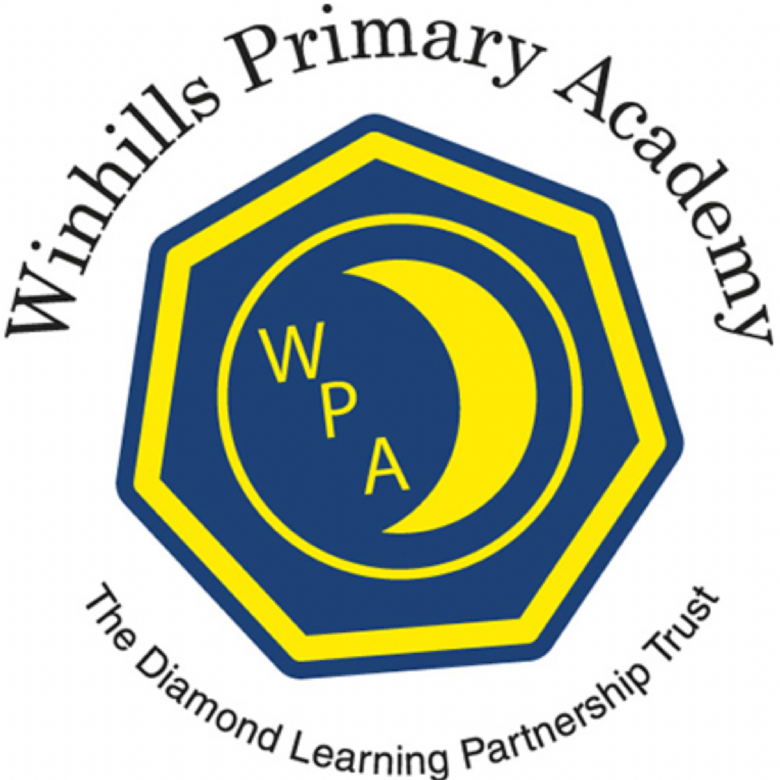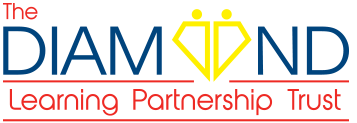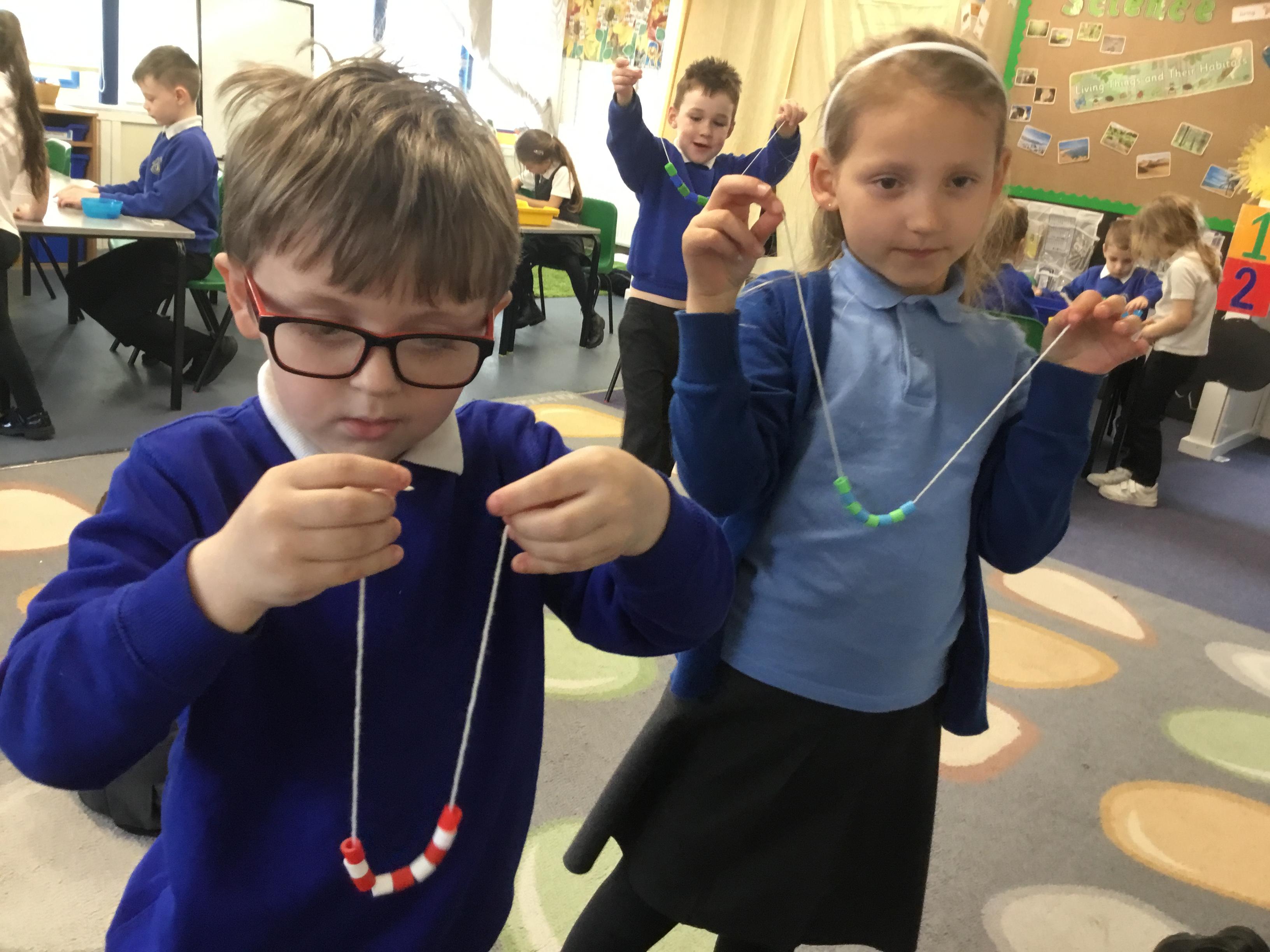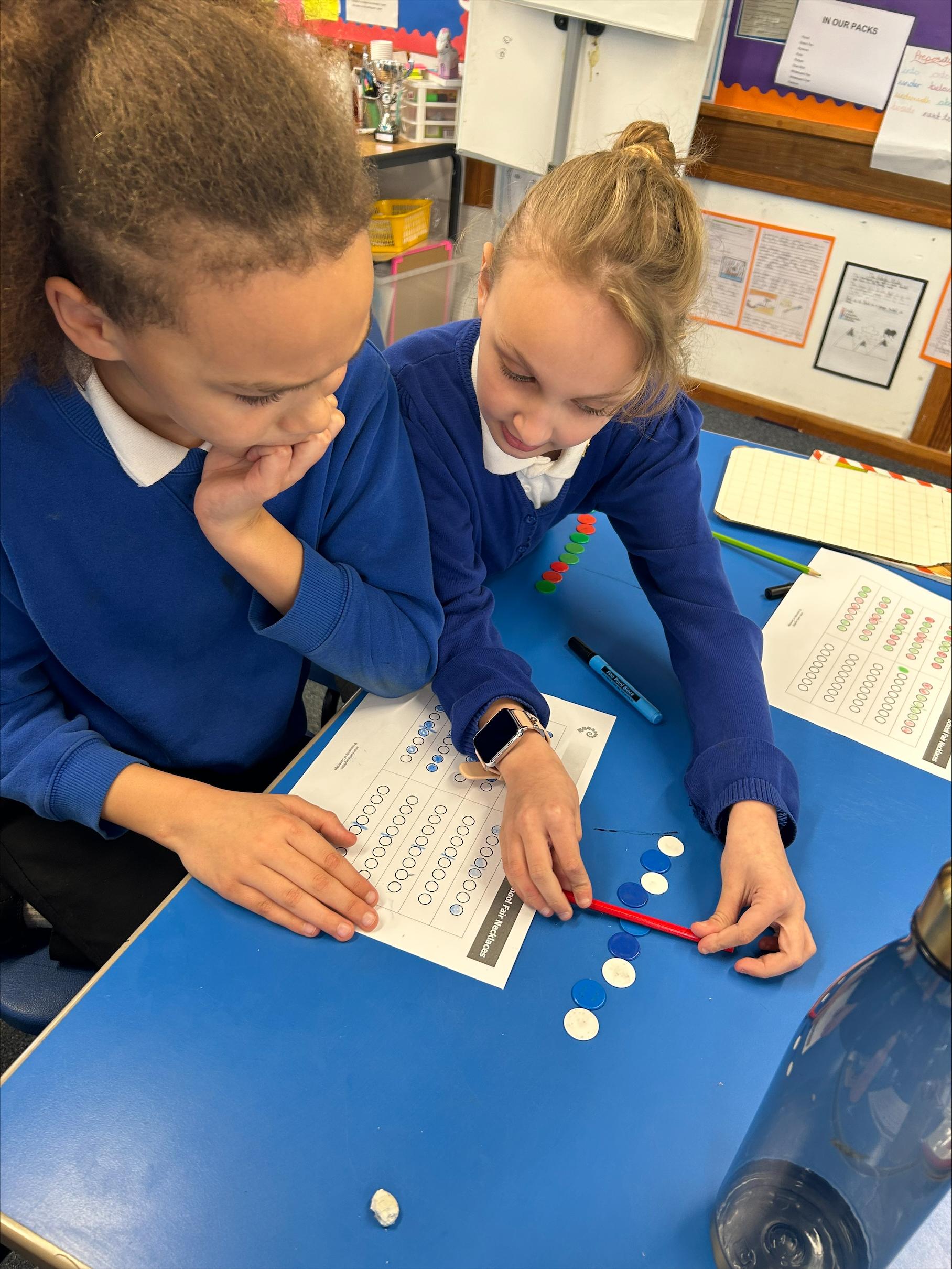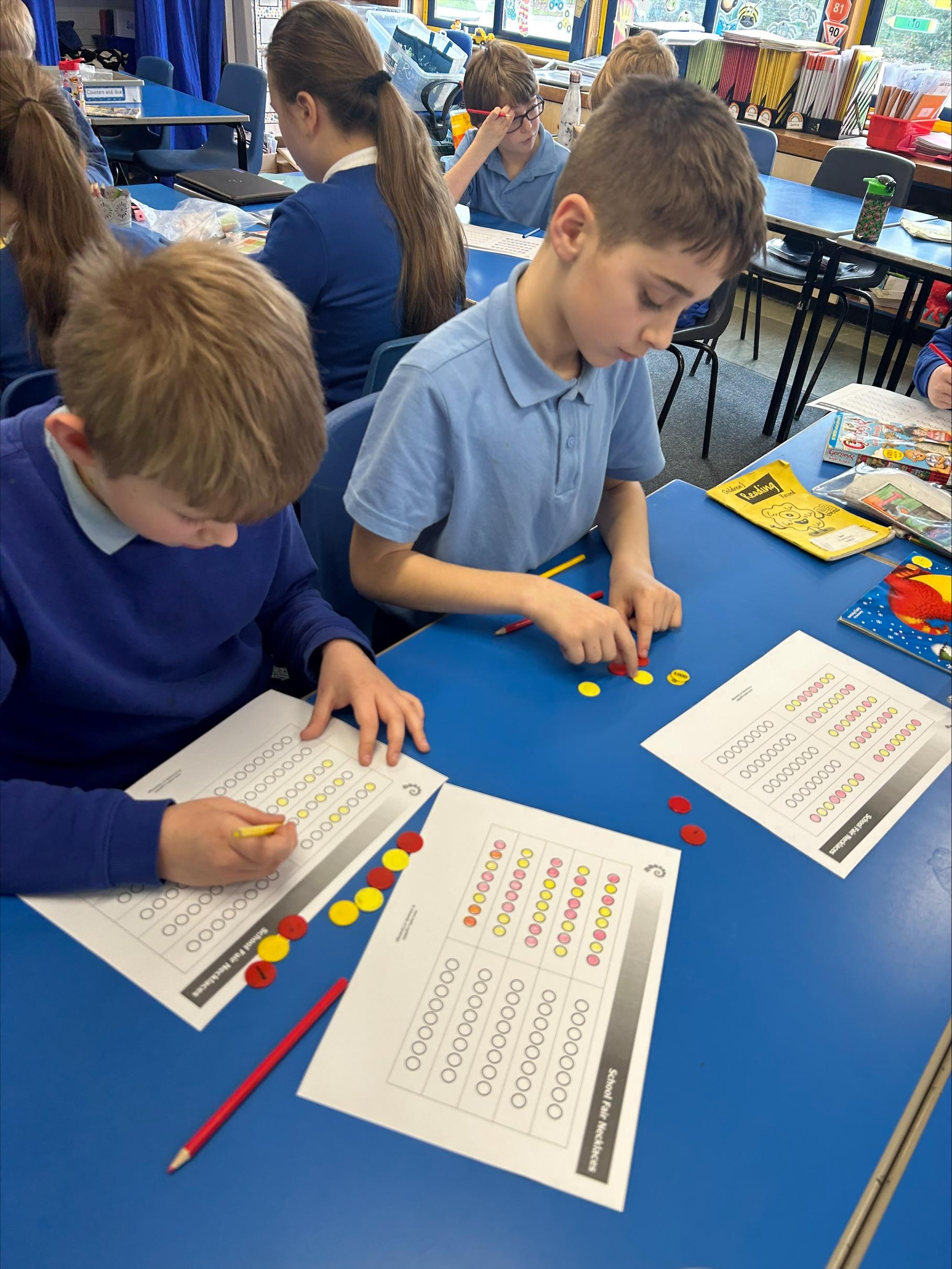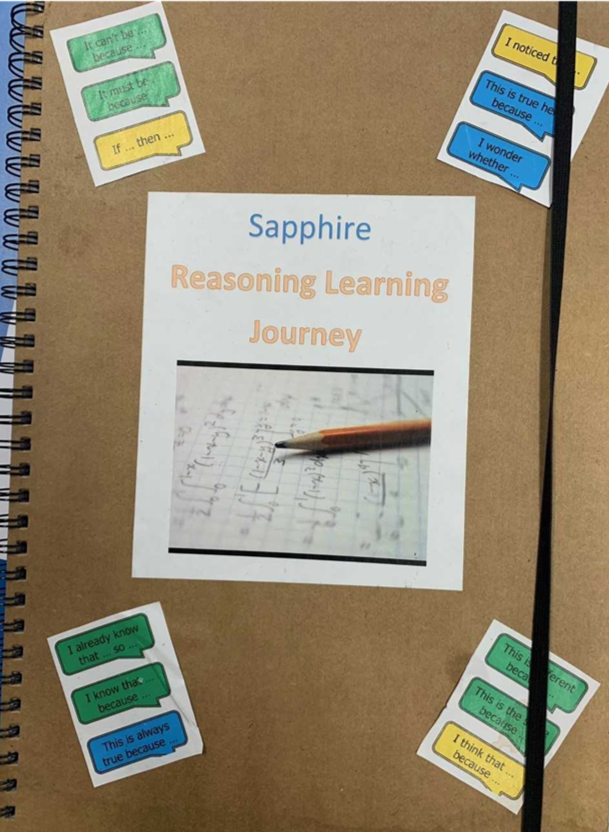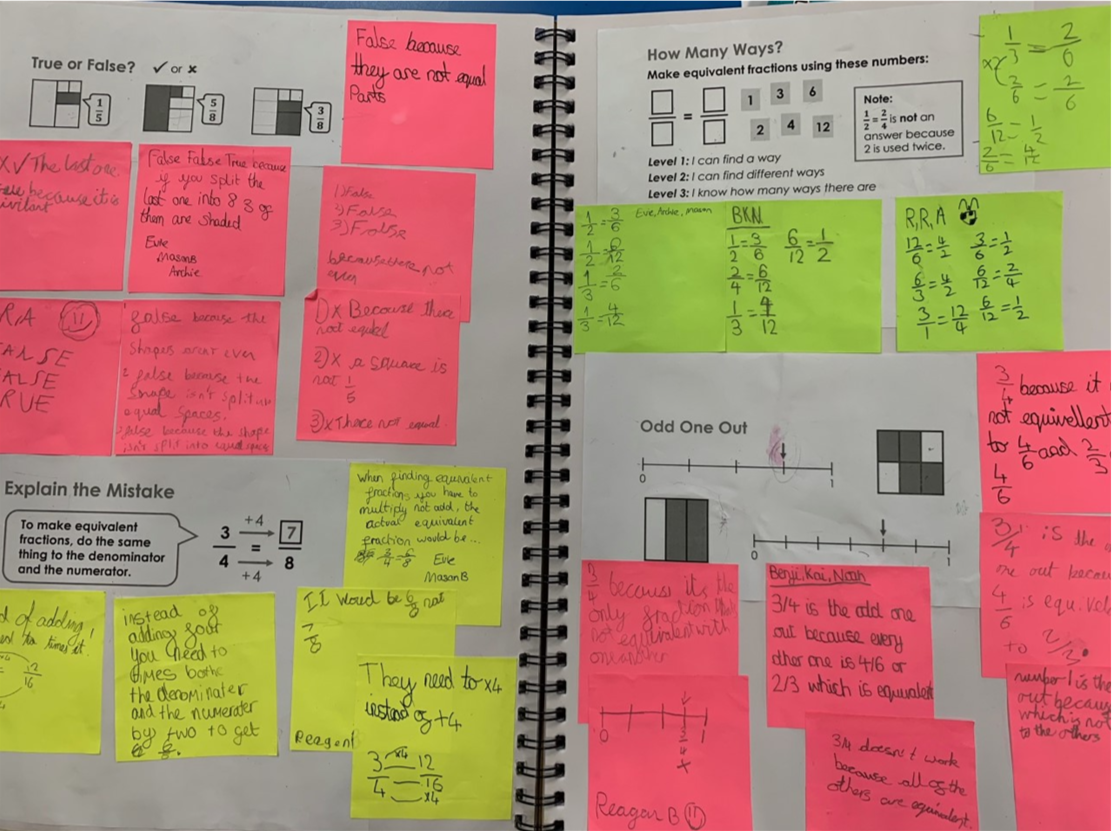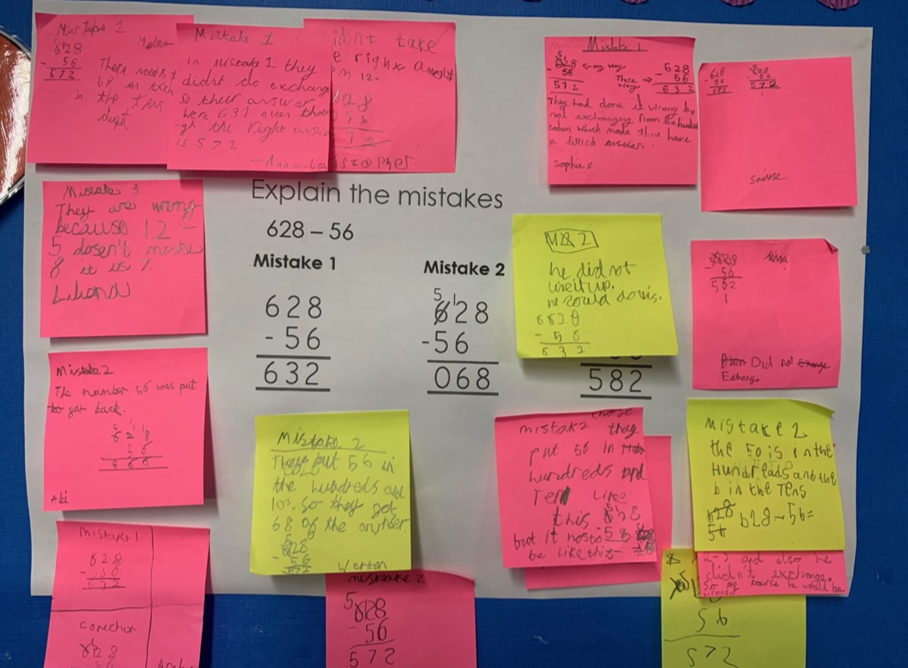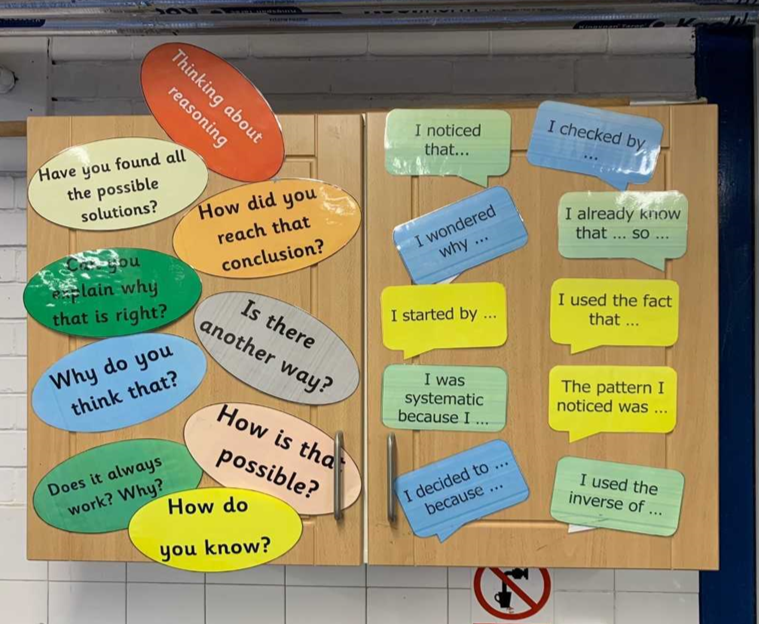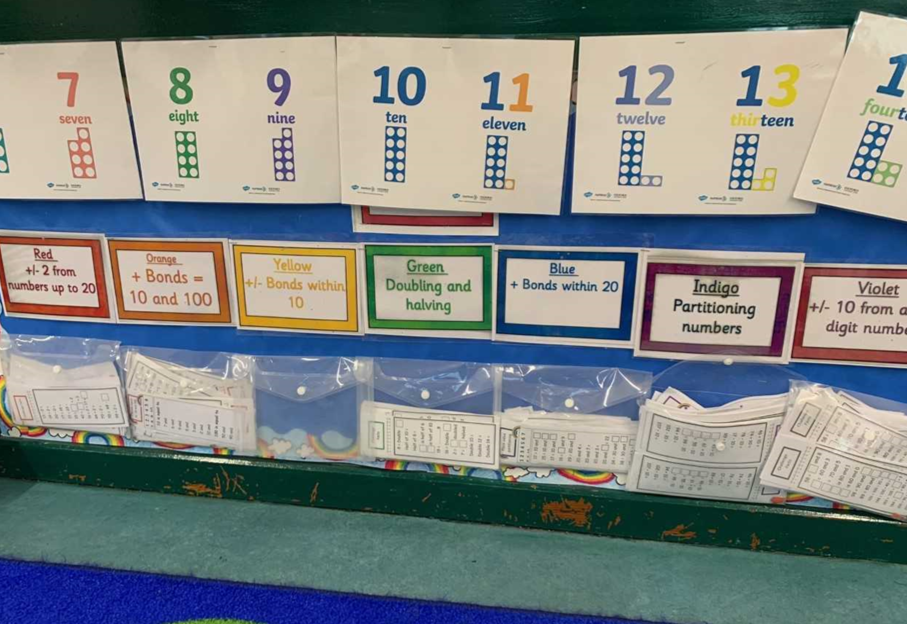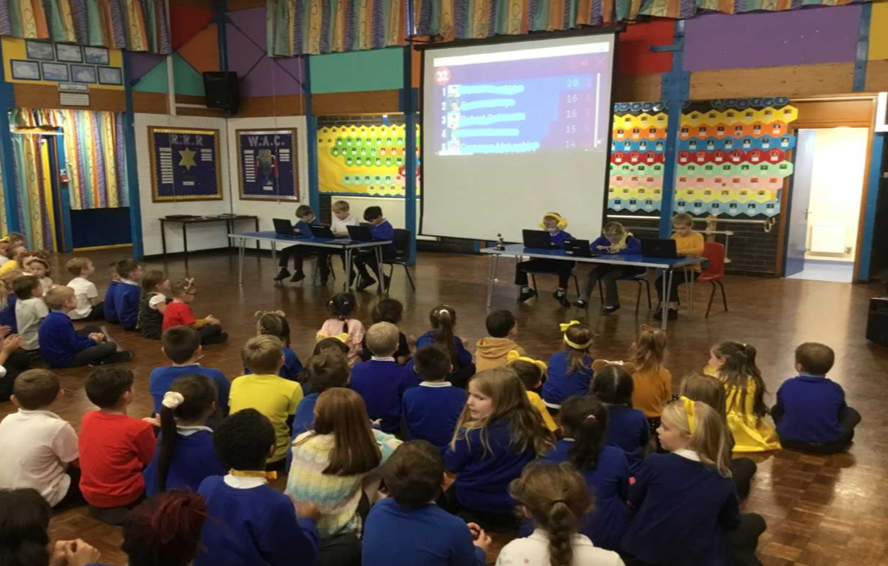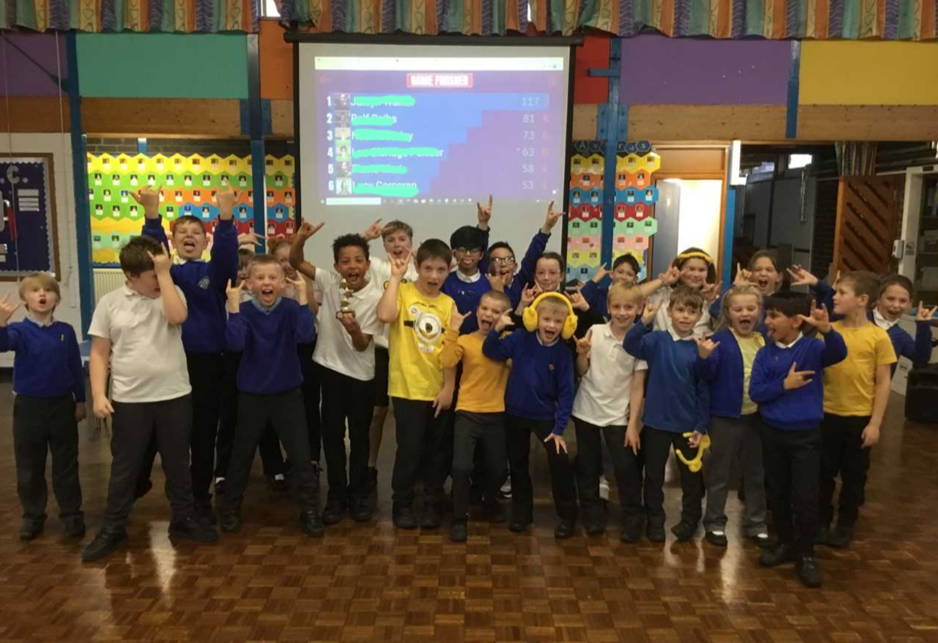Maths
Mathematics at Winhills Primary Academy
At Winhills, we are passionate about Mathematics and want our children to develop as fluent, curious and enthusiastic mathematicians, who have the desire to ask questions, apply their knowledge and make connections between maths and the wider world. We believe that with the right teaching and support, plus a positive attitude, all children can achieve well in maths. Through fluency with number, mathematical reasoning and development of problem solving skills, we want to provide our children with the tools to succeed as mathematicians, bringing the everyday maths and life skills into the classroom.
The school has been working to improve the maths provision we provide our children by adopting a Teaching for Mastery approach. This is based on the development of deep procedural and conceptual mathematical understanding, including the use of the ‘5 Big Ideas’ of fluency, variation, representation and structure, mathematical thinking and coherence.
More on the five big ideas can be found here:
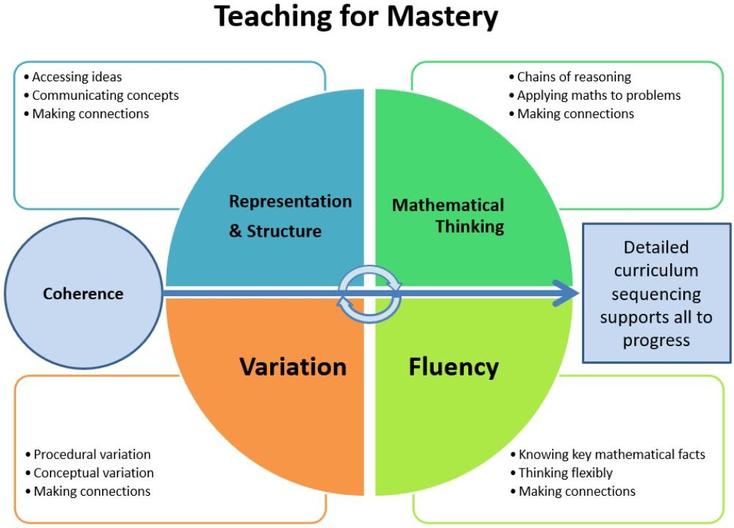
In class
Maths is taught daily across the school, with fluency sessions forming part of whole class lessons where the children can develop skills to:
- rapidly recall key facts such as doubles and halves
- adding and subtracting mentally
- times tables
- shape names and their properties
Additional fluency sessions also take place, where concepts such as written methods are looked at in more detail.
In EYFS and Key Stage One, our fluency sessions are linked to the Mastering Number project run by the NCETM.
In our deep teach, we delve deeper into key concepts, applying our fluency and showing a range of models and images to deepen the idea of structure and representation to key reasoning concepts.
Depending on the learning, the children may answer calculation questions in books, they may be learning using resources, or they may even be writing sentences to explain their logic and understanding. There are opportunities to work independently, and opportunities to work with others in order to share knowledge and deepen understanding.
As a school, we are evidencing our reasoning in our maths books and through our whole class learning journey books, where the children can contribute their ideas and thoughts on a range of topics, by writing their reasoning and explaining their thinking.
We are also providing opportunities for children to deepen their learning if they have quickly mastered a concept, whilst also providing scaffolds, differentiation and focused support for the children who require additional time to grasp a concept.
Our maths curriculum is based on the objectives from the National Curriculum:
Our learning is then broadly based along the schemes from White Rose Maths (https://whiterosemaths.com/), with some slight differences to align to the needs of our children and our calculation policies.
Our maths units are planned in line with the national curriculum, using the White Rose Maths ‘small steps guidance’ as a basis for learning. Key concepts are considered, with vital representations, questions and possible misconception highlighted before the teaching, in order to address these during the teaching. We then provide feedback directly to the children, adapting our teaching to the ever changing needs of the learners. We also use the Ready to Progress criteria developed by the NCETM to help structure the progression of our teaching across both units and year groups.
Reasoning is key to our teaching in maths. This includes our ability to question the children, probe deeper, and provide opportunities to make mistakes, address misconceptions, explain why answers are right or wrong, and justify thinking. Every fortnight, classes take part in an additional reasoning task in our class learning journal, providing a wider opportunity for the children to reason together and teachers to model expectations.
At home
At home, we want the children to regularly practise the learning they have started at school. This includes developing fluency for place value and addition/subtraction using Numbots (numbots.com), developing rapid recall of times tables using TT Rock Stars (ttrockstars.com) and revising key concepts and deepening our reasoning using Maths Whizz (whizz.com). We also want children to become aware of maths in the wider world, by talking about maths and using everything from money to time to weights and measures.
Children are rewarded fortnightly for their learning and progress in our online tools, with medals and certificates handed out in an assembly.
Additionally, children are incentivised to work on their fluency skills at home. This includes our ‘Rainbow Recall’ awards for children developing their recall of doubles/halves, number bonds and other tasks. Our Times Table awards follow this, with the children given the opportunity to showcase their understanding of their multiplication and division facts, with badges given as rewards for both schemes.
For our times tables, we hold termly 'Rock Wrangles', where the children can participate in a live competition using TT Rock Stars, with the fastest children competing to become the school champion.
At Winhills Primary Academy, the pupils are provided with a variety of opportunities to develop and extend their mathematical skills in and across each phase of education.
The teaching of mathematics at provides opportunities for:
- work at their own ability level;
- work in pairs and in small and large groups
- work in the areas of number, measures, shape, space and data handling;
- use calculators and computers;
- use a wide range of mathematical tools/instruments;
- rehearse mental strategies and skills.
Pupils engage in:
- the development of mental strategies;
- written methods;
- practical work ;
- investigational work;
- problem solving;
- mathematical discussion;
- consolidation of basic skills and number facts;
At Winhills Primary Academy, we recognise the importance of establishing a secure foundation in mental calculation and recall of number facts before standard written methods are introduced.
Mathematics contributes to many subjects and it is important the children are given opportunities to apply and use Mathematics in real contexts. Mathematics is used in other curriculum areas wherever possible or appropriate. This helps to expand and consolidate mathematical concepts, using maths in a purposeful way in everyday contexts helps the children to realise that mathematics is important in the real world.
We endeavour at all times to set work that is challenging, motivating and encourages the pupils to talk about what they have been doing.
